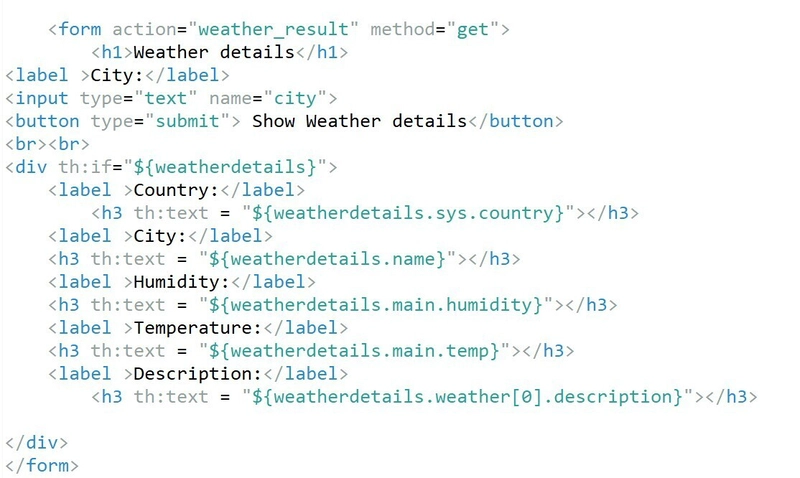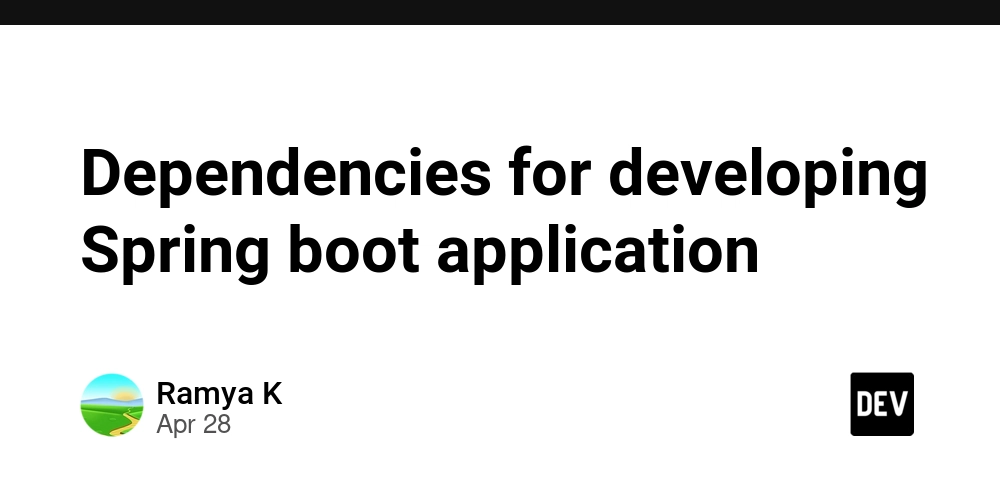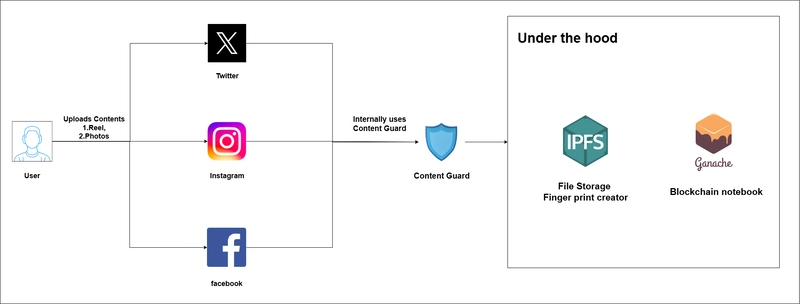Refinement: The Correct Way To Monkey-Patch in Ruby
Credited to: Allan Andal Ruby's Refinement feature emerged as an experimental addition in Ruby 2.0 and became a full-fledged feature starting with Ruby 2.1. It’s a neat way to tweak a class’s methods without messing with how it works everywhere else in your app. Instead of monkey-patching—where you’d change something like String or Integer and it impacts your whole program—Refinements let you keep those changes contained to a specific module or class. You activate them when needed with using keyword. This addresses monkey-patching’s danger of silent—bugs, conflicts, and maintenance woes. Old way Let's say you want to add a new method that converts a string "Yes" and "No" to a boolean value. All we need to do is reopen the class and add the method: class String def to_bool case downcase when *%w[true yes 1] then true when *%w[false no 0] then false else raise ArgumentError, "Invalid boolean string: #{self}" end end end "True".to_bool => true "FALSE".to_bool => false Easy right? However, some problems can arise with this approach: Its everywhere. It gets applied to all String objects in the application. Subtle bugs: Monkey patches are hard to track. A method added in one file might break logic in another, with no clear trail to debug. Library conflicts: Some gems monkey-patch core classes (no need to look far, active_support does it). Maintenance hell. Tracking global changes becomes a nightmare when teams of multiple developers patch the same class. Monkey-patching’s flexibility made it a staple in early Ruby code, but its lack of discipline often turned small tweaks into big problems. Using Refinements Refinements replace monkey-patching by scoping changes to where they’re needed. Instead of polluting String globally, you define a refinement in a module: module BooleanString refine String do def to_bool case downcase when *%w[true yes 1] then true when *%w[false no 0] then false else raise ArgumentError, "Invalid boolean string: #{self}" end end end end # Outside the refinement, String is unchanged puts "true".to_bool rescue puts "Not defined yet" # Activate the refinement using BooleanString puts "true".to_bool # => true puts "no".to_bool # => false puts "maybe".to_bool # => ArgumentError: Invalid boolean string: maybe Compared to the old way, using Refinements offer clear benefits: Scoped Changes: Unlike monkey-patching’s global reach, to_bool exists only where BooleanString is activated, leaving String untouched elsewhere. No Conflicts: Refinements avoid clashing with gems or other code, as their effects are isolated. Easier Debugging: If something breaks, you know exactly where the refinement is applied—no hunting through global patches. Cleaner Maintenance: Scoping makes it clear who’s using what, simplifying teamwork and long-term upkeep. Even better approach (Ruby 2.4+, using import_methods) Since Ruby 2.4, import_methods lets you pull methods from a module into a refinement, reusing existing code. Suppose you have a BooleanString module with to_bool logic: module BooleanString def to_bool case downcase when *%w[true yes 1] then true when *%w[false no 0] then false else raise ArgumentError, "Invalid boolean string: #{self}" end end end module MyContext refine String do import_methods BooleanString end end # Outside the refinement, String is unchanged puts "true".to_bool rescue puts "Not defined yet" # Activate the refinement using MyContext puts "true".to_bool # => true puts "no".to_bool # => false puts "maybe".to_bool # => ArgumentError: Invalid boolean string: maybe Why Refinements? Refinements address the old monkey-patching problems head-on: Large Projects: Monkey-patching causes chaos in big codebases; Refinements keep changes isolated, reducing team friction. Library Safety: Unlike global patches that "can" break gems, Refinements stay private, ensuring compatibility. Prototyping: Refinements offer a sandbox for testing methods, unlike monkey patches that commit you to global changes. With Ruby 3.4's reduced performance overhead makes Refinements a practical replacement, where monkey-patching’s simplicity once held sway. Some Tips Scope Tightly: Instead of making blanket changes on classes (specially on based Ruby data types), use only on specific classes or methods. Name Clearly: This probably is the hardest part (naming things), but pick module names to show intent, avoiding monkey-patching’s ambiguity. Debug Smartly: Ruby 3.4’s clearer errors beat tracing global patches—check using if methods vanish. Reuse Code: Use import_methods to share logic, a step up from monkey-patching’s copy-paste hacks. Wrapping Up Whether you’re building new features, dodging library issues, or just playing around with ideas, Refinements are a small chan

Credited to: Allan Andal
Ruby's Refinement feature emerged as an experimental addition in Ruby 2.0 and became a full-fledged feature starting with Ruby 2.1. It’s a neat way to tweak a class’s methods without messing with how it works everywhere else in your app. Instead of monkey-patching—where you’d change something like String or Integer and it impacts your whole program—Refinements let you keep those changes contained to a specific module or class. You activate them when needed with using keyword. This addresses monkey-patching’s danger of silent—bugs, conflicts, and maintenance woes.
Old way
Let's say you want to add a new method that converts a string "Yes" and "No" to a boolean value. All we need to do is reopen the class and add the method:
class String
def to_bool
case downcase
when *%w[true yes 1] then true
when *%w[false no 0] then false
else raise ArgumentError, "Invalid boolean string: #{self}"
end
end
end
"True".to_bool
=> true
"FALSE".to_bool
=> false
Easy right? However, some problems can arise with this approach:
-
Its everywhere. It gets applied to all
Stringobjects in the application. - Subtle bugs: Monkey patches are hard to track. A method added in one file might break logic in another, with no clear trail to debug.
- Library conflicts: Some gems monkey-patch core classes (no need to look far, active_support does it).
- Maintenance hell. Tracking global changes becomes a nightmare when teams of multiple developers patch the same class. Monkey-patching’s flexibility made it a staple in early Ruby code, but its lack of discipline often turned small tweaks into big problems.
Using Refinements
Refinements replace monkey-patching by scoping changes to where they’re needed. Instead of polluting String globally, you define a refinement in a module:
module BooleanString
refine String do
def to_bool
case downcase
when *%w[true yes 1] then true
when *%w[false no 0] then false
else raise ArgumentError, "Invalid boolean string: #{self}"
end
end
end
end
# Outside the refinement, String is unchanged
puts "true".to_bool rescue puts "Not defined yet"
# Activate the refinement
using BooleanString
puts "true".to_bool # => true
puts "no".to_bool # => false
puts "maybe".to_bool # => ArgumentError: Invalid boolean string: maybe
Compared to the old way, using Refinements offer clear benefits:
-
Scoped Changes: Unlike monkey-patching’s global reach,
to_boolexists only whereBooleanStringis activated, leavingStringuntouched elsewhere. - No Conflicts: Refinements avoid clashing with gems or other code, as their effects are isolated.
- Easier Debugging: If something breaks, you know exactly where the refinement is applied—no hunting through global patches.
- Cleaner Maintenance: Scoping makes it clear who’s using what, simplifying teamwork and long-term upkeep.
Even better approach (Ruby 2.4+, using import_methods)
Since Ruby 2.4, import_methods lets you pull methods from a module into a refinement, reusing existing code. Suppose you have a BooleanString module with to_bool logic:
module BooleanString
def to_bool
case downcase
when *%w[true yes 1] then true
when *%w[false no 0] then false
else raise ArgumentError, "Invalid boolean string: #{self}"
end
end
end
module MyContext
refine String do
import_methods BooleanString
end
end
# Outside the refinement, String is unchanged
puts "true".to_bool rescue puts "Not defined yet"
# Activate the refinement
using MyContext
puts "true".to_bool # => true
puts "no".to_bool # => false
puts "maybe".to_bool # => ArgumentError: Invalid boolean string: maybe
Why Refinements?
Refinements address the old monkey-patching problems head-on:
- Large Projects: Monkey-patching causes chaos in big codebases; Refinements keep changes isolated, reducing team friction.
- Library Safety: Unlike global patches that "can" break gems, Refinements stay private, ensuring compatibility.
- Prototyping: Refinements offer a sandbox for testing methods, unlike monkey patches that commit you to global changes.
With Ruby 3.4's reduced performance overhead makes Refinements a practical replacement, where monkey-patching’s simplicity once held sway.
Some Tips
- Scope Tightly: Instead of making blanket changes on classes (specially on based Ruby data types), use only on specific classes or methods.
- Name Clearly: This probably is the hardest part (naming things), but pick module names to show intent, avoiding monkey-patching’s ambiguity.
-
Debug Smartly: Ruby 3.4’s clearer errors beat tracing global patches—check
usingif methods vanish. -
Reuse Code: Use
import_methodsto share logic, a step up from monkey-patching’s copy-paste hacks.
Wrapping Up
Whether you’re building new features, dodging library issues, or just playing around with ideas, Refinements are a small change that makes a huge difference. Next time you’re tempted to reopen a class and go wild, give Refinements a shot—you’ll thank yourself later.






































































